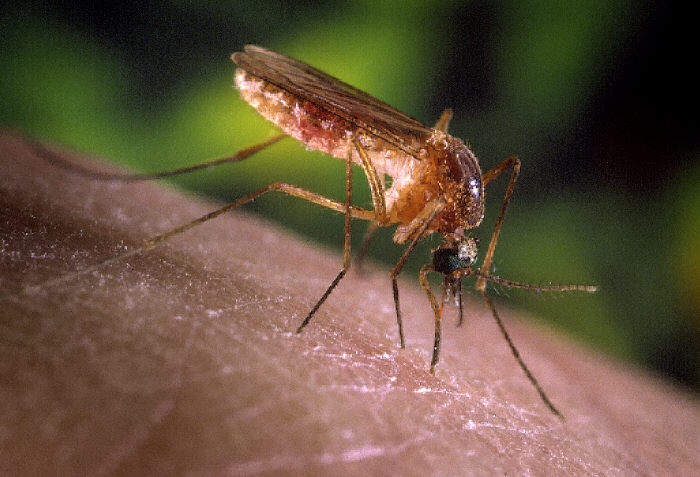The Massachusetts Department of Public Health (DPH) announced Friday the fourth and fifth human cases of West Nile virus (WNV) in the state this year. One resident, in Norfolk County, is in her 40s and developed a milder form of the disease. She was never hospitalized. The other resident, from Middlesex County, is in his 80’s and was hospitalized but has been discharged. Both individuals were diagnosed with WNV by testing completed today by the Massachusetts State Public Health Laboratory.

The identification of multiple human cases from a defined geographic area indicates that the risk to people from WNV has increased from moderate to high in the area.
The communities now considered to be at high risk for WNV for the remainder of the season are: Arlington, Belmont, Boston, Brookline, Cambridge, Chelsea, Everett, Medford, Newton, Revere, Somerville, Watertown and Winthrop.
“Despite the anticipated cooler temperatures,” said DPH State Public Health Veterinarian Dr. Catherine Brown, “the species of mosquitoes that carry WNV will continue to be quite active for at least the next several weeks. We are urging people, especially people that are older or whose immune systems are compromised, to be especially vigilant about avoiding mosquito bites.”
In 2015, there were ten human cases of WNV infection identified in Massachusetts, eight of which were confirmed in the month of September. WNV is usually transmitted to humans through the bite of an infected mosquito. While WNV can infect people of all ages, people over the age of 50 are at higher risk for severe disease. Most people infected with WNV will have no symptoms. When present, WNV symptoms tend to include fever and flu-like illness. In rare cases, more severe illness can occur.
Related:

